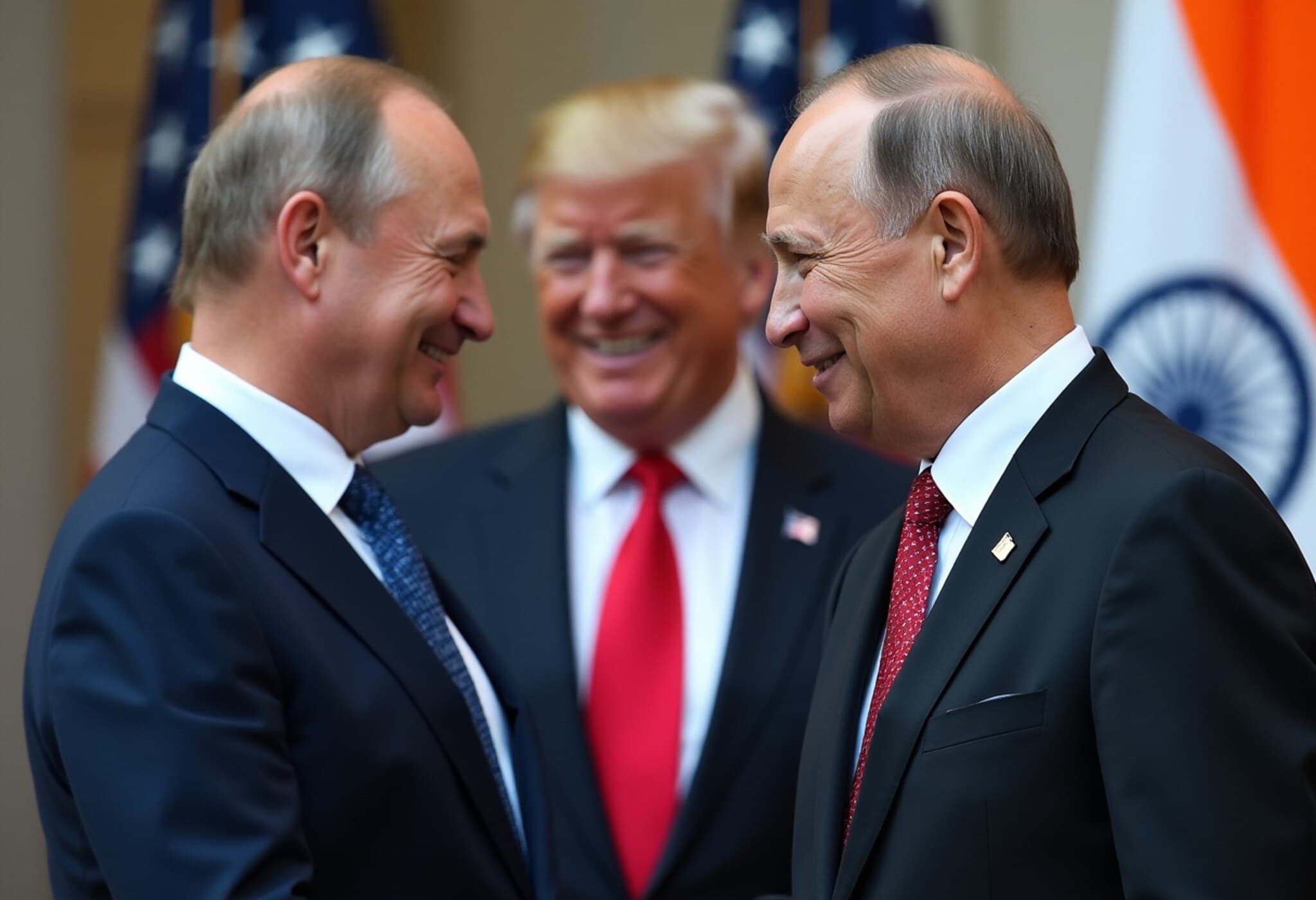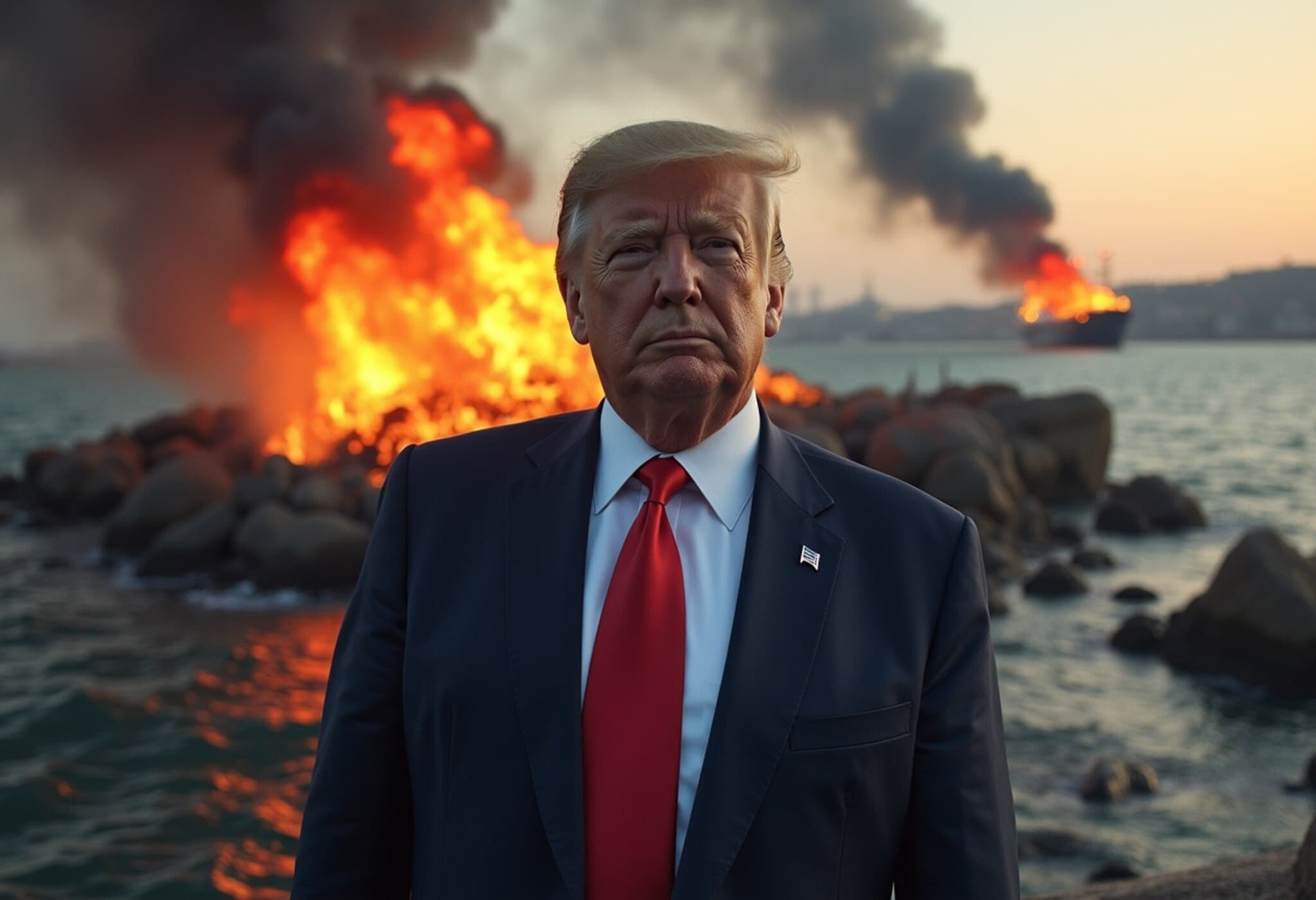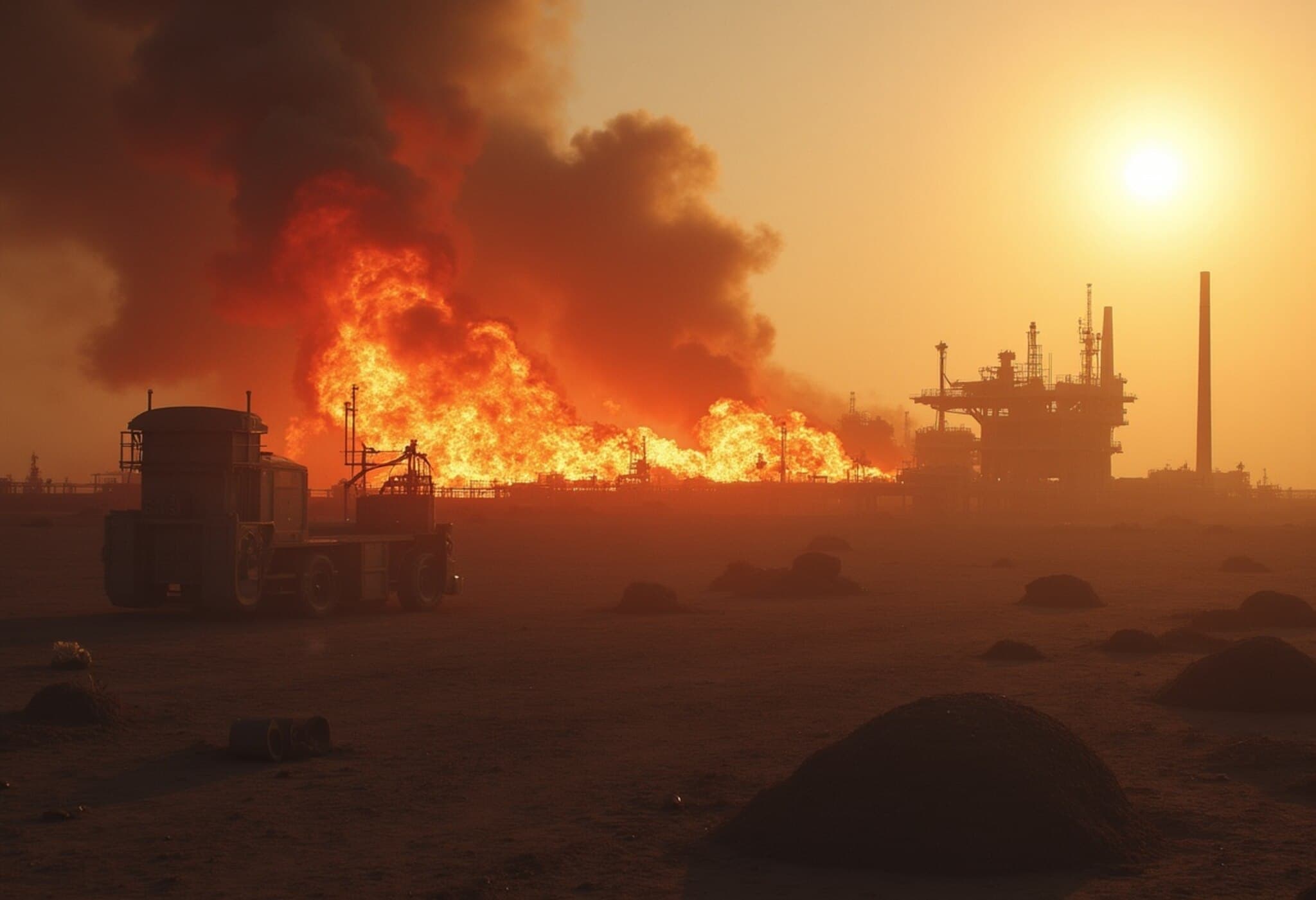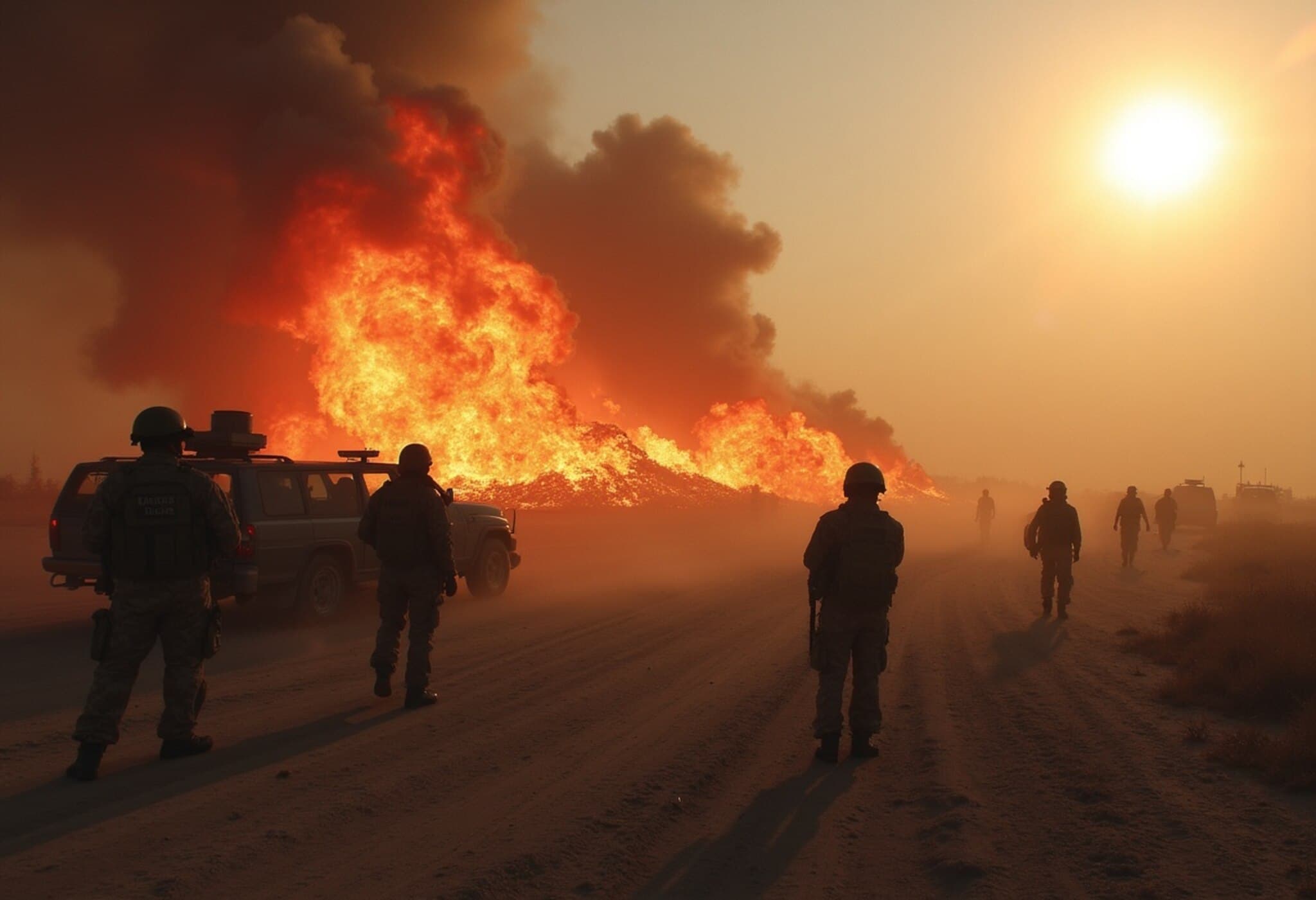Global Markets Show Calm Despite U.S. Military Action Against Iran
While the U.S. recently launched strikes on Iranian nuclear facilities, global markets have responded with surprising composure. Far from triggering sharp sell-offs, investors appear to regard the escalation as contained, if not a relief to some, amid concerns over long-standing geopolitical tensions in the Middle East.
Market Movements: Subtle Shifts Over Major Turmoil
As of early trading in Singapore, the broad European and Asian market index tracking over a thousand major companies from 23 developed nations slipped marginally by 0.12%. In the safe-haven arena, the Japanese yen weakened by 0.64% against the U.S. dollar, while gold prices fell slightly by 0.23% to around $3,360 per ounce. Conversely, the dollar index gained 0.35%, reflecting cautious confidence in the U.S. currency.
Overall, market reactions have been notably less volatile compared to the period following Israel’s airstrikes against Iran just over a week ago.
Analyst Insights: Viewing U.S. Strikes as a Strategic Relief
Experts suggest that investors see the U.S. strikes as effectively mitigating the nuclear threat in the region. One prominent analyst remarked that the removal of Iran’s nuclear capabilities reassures markets and reduces the risk of broader regional conflict. The consensus among strategists is that the Iran-Israel clashes remain isolated, posing limited systemic risk worldwide.
Potential Iranian Responses and Global Implications
Iran has asserted it holds "all options" to defend its sovereignty, including the controversial possibility of closing the Strait of Hormuz. This vital maritime route facilitates the daily passage of about 20 million barrels of oil and related products, making it pivotal to global energy supplies.
Despite these warnings, many experts believe such a move is unlikely. Historical context shows Iran resorted to similar threats in 2011, 2012, and 2018 but never proceeded with an actual blockade. Market specialists note that Iran fully understands any attempt to shutter the strait would provoke severe and swift U.S. retaliation.
What If the Strait of Hormuz Were Closed?
- Oil prices could surge beyond $100 per barrel.
- Market volatility would spike, potentially driving stocks down by at least 10%.
- Investors would likely flock to safe-haven assets amid panic.
Still, present market calm reflects the perception of Iran's limited capacity to disrupt global oil flows aggressively.
Long-Term Market Outlook Amid Middle East Turbulence
Despite the uncertainty, some market veterans remain bullish. They credit renewed U.S. military actions with reinforcing America's deterrence, potentially ushering in greater regional stability. One strategist anticipates the S&P 500 reaching a target of 6,500 by the close of 2025, underscoring confidence in continued market strength.
While forecasting Middle East geopolitics is notoriously challenging, the recent destruction of Iranian nuclear facilities could mark the start of a significant regional transformation, experts agree.



















